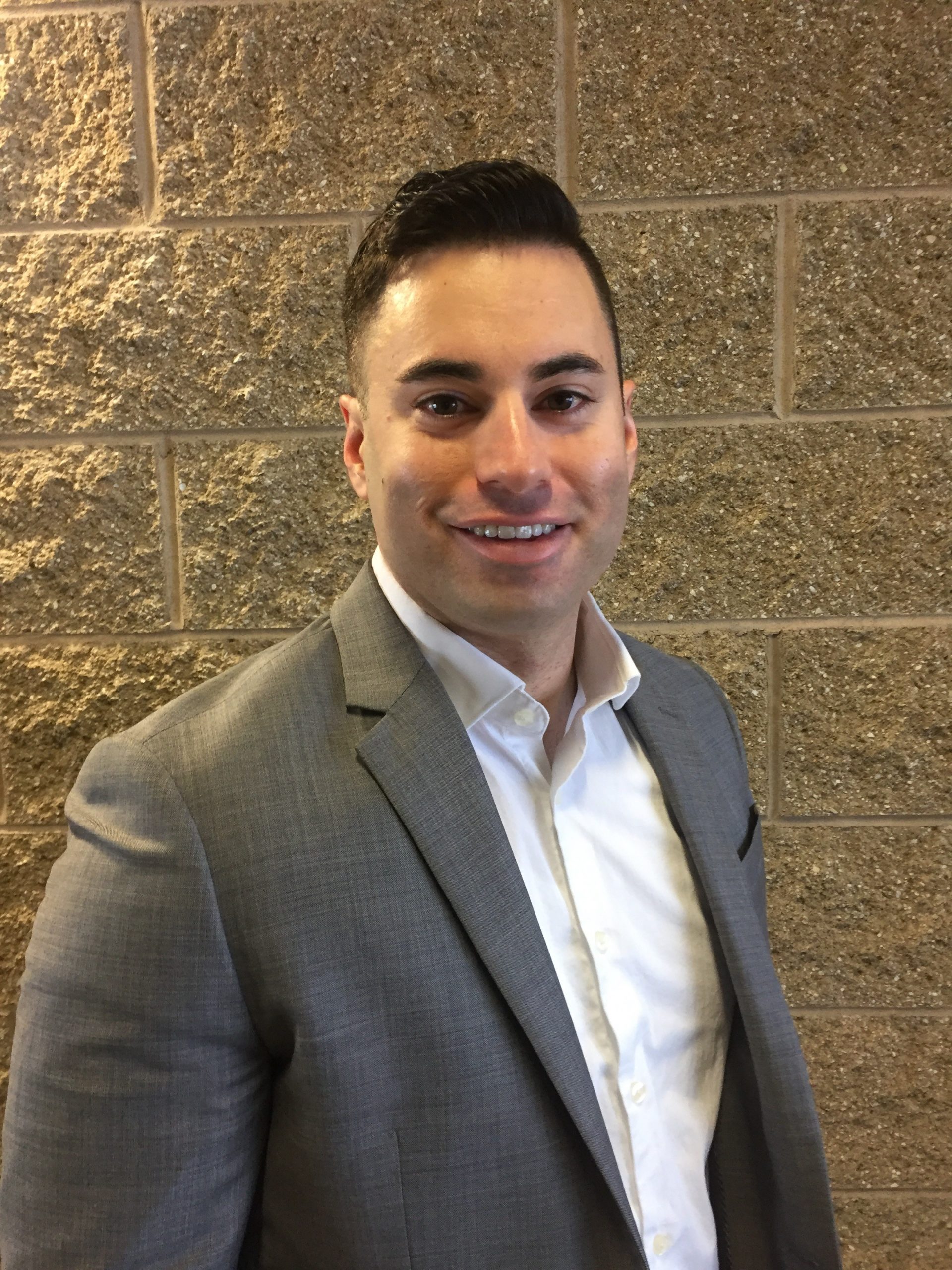Addiction treatment service providers need to take a different approach when it comes to marketing, given the highly sensitive nature of their field. Unlike traditional marketing strategies that can put all their energy into selling products or services, addiction treatment marketing must also consider that their potential clients are struggling with a chronic and relapsing disorder.
Substance use disorder (SUD), also known as drug addiction or alcohol addiction, is a devastating condition that affects almost every aspect of a person’s life, including their physical health, mental health, relationships, career, and finances. It’s safe to say those who are dealing with this medical condition are overwhelmed.
Marketing rehab services should therefore focus more on connecting with the right people, building trust, and guiding them toward recovery. This is where an addiction treatment marketing specialist comes in.
A marketing expert can help bridge the gap between treatment facilities and those who need their services. Their job is not only to increase awareness and patient intake but also to ensure ethical, compliant, and compassionate outreach efforts.
Here we will explore what it means to be an addiction treatment marketing specialist, as well as the skills required, the ethical challenges, and how to effectively navigate this space. Let’s take a closer look.
What is an Addiction Treatment Marketing Specialist?
An addiction treatment marketing specialist is a professional responsible for promoting rehabilitation centers, detox programs, and other recovery services. Their work involves digital marketing, branding, lead generation, and patient acquisition strategies, which they implement while adhering to strict legal and ethical guidelines.
Marketers who specialize in this particular field are deeply knowledgeable about addiction, recovery, and the emotional states of potential clients and their families. They work closely with treatment providers to ensure messaging is accurate, compassionate, and effective.
Why You Need to Work with an Addiction Treatment Marketing Specialist
Because marketing this type of service requires a strategic, ethical, and patient-centered approach, it is best to work with a specialist. With their help, you can develop and execute marketing initiatives that not only drive leads but also ensure compliance with healthcare regulations.
Their role is to create outreach strategies that connect individuals struggling with substance use disorders to the help they need while maintaining trust, transparency, and professionalism.
Here are some of the ways addiction treatment marketing specialists can help your rehab facility:
Developing Marketing Strategies
A successful marketing specialist will design and implement comprehensive marketing campaigns tailored to the specific needs of a treatment center. Not every facility is the same—just like how people struggling with addiction have different needs, symptoms, and risk factors.
Not only can marketers identify ideal target demographics, they can also make decisions based on market trends, allowing them to position the facility as a trusted care provider in the field. Their strategy would typically incorporate both online and offline channels, including digital advertising, referral networks, and community outreach programs to maximize visibility and effectiveness.
Lead Generation and Patient Outreach
Generating qualified leads is a fundamental goal of addiction treatment marketing. Specialists use data-driven tactics such as pay-per-click (PPC) advertising, email marketing, and call tracking to connect with people who are actively seeking treatment.
Additionally, marketers implement follow-up strategies to nurture potential patients through the decision-making process. This ensures that they have the necessary information to take that crucial first step towards long-term sobriety.
Compliance and Ethical Marketing
Due to the sensitive nature of addiction treatment, marketing efforts must adhere to strict legal and ethical standards. Specialists must comply with regulations such as the Health Insurance Portability and Accountability Act (HIPAA) and guidelines from organizations like LegitScript.
Ethical marketing practices include transparent advertising, avoiding misleading claims, and ensuring all messaging prioritizes patient well-being over profit. Maintaining compliance not only protects the treatment center from legal repercussions but also reinforces trust in the brand.
Why Ethical Marketing Matters in Addiction Treatment
Because of the vulnerable state of people with SUDs, ethical marketing practices cannot be overlooked. People dealing with addiction may be more susceptible to misleading or coercive advertising. That is why treatment centers must prioritize honesty, transparency, and integrity in their messaging. This can ensure that potential patients and their families can make informed decisions based on accurate information.
Unethical marketing tactics, such as exaggerated success rates or hidden fees, can lead to false hope and financial burdens, ultimately harming those in need of genuine care. By adhering to ethical standards, treatment providers contribute to a more credible and effective recovery industry.
Common Ethical Challenges in Addiction Treatment Marketing
Ethical marketing supports long-term recovery by ensuring that individuals receive appropriate and evidence-based care rather than just being lured into programs that may not suit their needs. Misleading advertisements can result in people enrolling in facilities that lack proper accreditation or trained professionals, jeopardizing their chances of successful treatment.
Marketing addiction treatment services comes with significant ethical responsibilities. Here are some of the most common challenges that get in the way of those responsibilities:
Misleading Claims
Some addiction treatment centers use deceptive marketing tactics, exaggerating their success rates or promoting unproven treatment methods. Responsible marketers will take note that there is no guarantee of recovery. A patient’s progress will ultimately depend on a number of factors, including their own commitment to recovery and how well of a fit the treatment program is for them.
Misleading claims can give false hope to those who already have too much to worry about. This may lead them to choose a facility that may not provide the level of care they need. Ethical marketing should focus on transparency, evidence-based treatments, and realistic expectations.
Patient Brokering
Patient brokering happens when treatment centers or third-party entities offer financial incentives for referring patients, often prioritizing profit over patient care. This practice can lead to people being placed in facilities that may not be suitable for their specific needs. This ultimately results in inadequate treatment. It may even increase a person’s risk of relapse, which in some cases can be dangerous.
To maintain ethical standards, rehab centers need to make sure that referrals are based solely on clinical necessity and the best interests of the patient, rather than financial gain.
Exploiting Vulnerability
Individuals struggling with addiction and their families are often in a state of emotional distress, making them susceptible to manipulative marketing strategies. Some treatment centers exploit this vulnerability by using fear-based messaging, urgency tactics, or emotional manipulation to pressure individuals into enrolling in their programs.
Ethical marketing should prioritize compassionate communication, respect for patient autonomy, and an emphasis on providing accurate, supportive information rather than exploiting desperation for financial gain.
How to Market Ethically
Now that we know all about the common pitfalls to avoid, addiction treatment centers can focus more on creating effective marketing campaigns with some guidance from marketing specialists. Here are some things to consider:
1. Emphasize Transparency and Honesty
Ethical marketing in addiction treatment starts with clear, truthful communication. Avoid misleading claims about success rates or treatments and always provide accurate information about the recovery process. Being upfront about costs, potential challenges, and treatment limitations also builds trust and helps individuals make informed decisions about their care.
2. Focus on Patient-Centered Messaging
People often hesitate to seek treatment because of the stigma surrounding addiction and rehab. They fear that others will judge them because of their medical condition because many still view it as some sort of moral failing. This is why marketing efforts must prioritize the needs and well-being of potential patients instead of just focusing on driving admissions. This means using compassionate, stigma-free language and highlighting the supportive aspects of treatment. Avoid fear-based tactics, and instead, empower individuals by showcasing real stories of hope and recovery.
3. Comply with Legal and Ethical Guidelines
Ensure that all marketing materials follow legal regulations, such as HIPAA and ethical advertising standards set by organizations like the Substance Abuse and Mental Health Services Administration (SAMHSA). Avoid patient brokering, misleading advertisements, or financial incentives that can exploit vulnerable individuals seeking help.
Digital Marketing Strategies for Addiction Treatment Centers
Traditional marketing techniques will still work in today’s digital landscape, but it’s best if you can incorporate some digital strategies to take your marketing to the next level. After all, most people are spending time online—and that is where you will find your audience.
Marketing specialists know how to make the most of these different digital marketing strategies. They can use these tools and platforms to help treatment centers increase visibility online, generate leads, and provide essential information to those seeking recovery. Here are some of the tactics they will use:
Search Engine Optimization (SEO)
SEO is crucial for addiction treatment centers to rank higher on search engine results pages (SERPs) and attract organic traffic. By optimizing website content with relevant keywords, creating high-quality blog posts, and implementing local SEO strategies, treatment centers can ensure that people searching for help find them first.
Additionally, technical SEO improvements, such as fast-loading pages and mobile-friendly design, enhance user experience and improve rankings. With proper usage of this long-term strategy, rehab centers can be one of the first few results that pop up when people search for specific terms regarding treatment.
Pay-Per-Click (PPC) Advertising
PPC advertising complements your SEO efforts because it can also help you appear at the top of search engine results for targeted keywords. While this is a paid form of advertising, it produces more immediate results compared to SEO, which you will be implementing for the long-term. PPC advertising provides immediate visibility.
With carefully crafted ad copy and landing pages, PPC campaigns can drive high-intent users to the center’s website. Platforms like Google Ads require compliance with certification programs like LegitScript, ensuring ethical advertising practices. A well-managed PPC strategy maximizes return on investment (ROI) by focusing on the right audience and optimizing ad spend.
Social Media Marketing
Social media platforms are incredibly popular. This is where you should post the high-quality content you create for SEO because it gives your audience the opportunity to read, watch, share, or engage with your posts.
Content marketing via social media not only establishes you as a thought leader in your industry, but also educates your audience, which helps in the battle against stigma.
Platforms like Facebook, Instagram, and LinkedIn allow centers to connect with their audience through organic posts and paid advertisements. Consistent posting, interactive content, and community engagement foster trust and encourage those in need to reach out for help.
Email and SMS Marketing
Even with the popularity of social media, one should not underestimate the impact of proper email and SMS marketing. These strategies enable treatment centers to maintain ongoing communication with potential patients and their families.
Personalized email campaigns can provide valuable resources, updates, and reminders, while SMS messaging offers instant and direct outreach. By segmenting audiences and tailoring messages, treatment centers can nurture leads and build meaningful relationships that encourage individuals to take the next step toward recovery.
Skills Needed to Be a Successful Addiction Treatment Marketing Specialist
Marketing for addiction treatment centers requires a unique blend of skills that balance ethical responsibility with strategic outreach. Unlike traditional marketing, this field requires a deep understanding of healthcare regulations, sensitivity to the struggles of individuals seeking treatment, and the ability to craft compelling messages that instill trust.
Digital Marketing Expertise
With the majority of individuals searching for addiction treatment options online, proficiency in digital marketing is a must. This includes skills in all the digital marketing strategies listed above. A strong digital presence helps treatment centers connect with individuals in need, providing them with valuable information while increasing the center’s visibility in an ethical and responsible manner.
Empathy and Emotional Intelligence
Successful addiction treatment marketing goes beyond generating leads—it involves building trust with a vulnerable audience. An effective specialist must possess high emotional intelligence to craft messages that resonate with people struggling with addiction and their loved ones.
Understanding the emotional weight behind a person’s search for treatment allows marketers to communicate in a compassionate and reassuring way, fostering a sense of hope and credibility.
Data Analysis and Performance Tracking
Marketing strategies must be data-driven to ensure effectiveness. Specialists should be skilled in using analytics tools to track key performance indicators (KPIs) such as website traffic, conversion rates, and engagement metrics. By interpreting this data, marketers can optimize campaigns, allocate budgets efficiently, and refine messaging to reach the right audience with the right information at the right time.
Work with MasterMindSEO
An addiction treatment marketing specialist is more than just a marketer—they serve as messengers of hope. With their help, rehab centers can fulfill their mission of saving more lives. By combining ethical marketing, data-driven strategies, and a deep understanding of addiction, specialists in this field can make a real difference in their communities.
Marketing, when done ethically and strategically, becomes a powerful tool for fighting stigma and encouraging more people to pursue long-lasting recovery.
Work with a company you trust so that you can craft a marketing strategy that reaches those who need your services the most.
MasterMindSEO has experience in performing digital marketing campaigns for e-commerce, national, regional and local businesses. Email or call and we will be happy to see how we can help your center get more leads and help more patients!
Ready to take your addiction treatment SEO to the next level? Want to rank your detox center on Google Maps? Let MasterMindSEO help you.
[button color=”undefined” hover_text_color_override=”undefined” url=”https://bookme.name/MasterMindDBS” text=”Get More Admits!” color_override=””]

